Transfer Analysis

This summer seems crucial for Arsenal and Mikel Arteta’s aspirations in North London. Since taking over from Unai Emery in 2019, Arteta has transformed the team into one of Europe’s strongest squads. However, the lack of trophies has led to mounting criticism. While he did lift the FA Cup shortly after his appointment, Arsenal has not secured a trophy in the last five seasons, despite possessing one of the most valuable squads in the world.
Frustration has bubbled among the Arsenal fanbase due to the absence of attacking reinforcements last season, particularly during the January transfer window, as the squad’s weaknesses became evident. This summer, bolstering the attack is a top priority, with a deal already in place for Martín Zubimendi to join as the new number six. Although Arteta has significantly improved various aspects of the club, questions linger around the recruitment process. Historically, Arsenal’s record for selling players has been dismal and lags far behind that of their competitors.
Arsenal’s Disappointing Selling Record
It’s important to note that Arsenal’s struggle to generate meaningful funds from player sales predates Arteta’s tenure and has continued throughout it. While there have been improvements in recent seasons—evident from the fees received for Eddie Nketiah, Folarin Balogun, and Emile Smith Rowe—Arsenal has yet to sell a player for over €40 million, marking a worrisome trend in their transfer income over the past decade. The graphic below highlights that Arsenal ranks 13th among English clubs for transfer income in the last ten seasons, with this summer’s window not included.

The Gunners have amassed €465 million from player sales, a figure that is more than three times less than Chelsea (€1.44 billion) and just over half of Manchester City’s total (€922 million). The need for revenue generation through player trading has become increasingly vital due to stricter financial regulations. By selling academy graduates, Arsenal can navigate financial sustainability more effectively. While they did raise almost €100 million from the combined sales of Nketiah, Balogun, and Smith Rowe, they still trail behind main Premier League rivals Liverpool and Manchester City. Interestingly, recently relegated teams like Leicester and Southampton have outperformed Arsenal, raising over €100 million more in the last decade. The following graphic shows that Arsenal ranks as low as 43rd globally in terms of transfer income over the past ten seasons.

Challenges in Securing High-Value Sales
While selling players for high fees isn’t the sole indicator of a healthy business operation, it certainly aids in financial stability, a strategy many clubs in the top leagues adopt. In the 2023/24 season, Arsenal reported the seventh-highest revenue globally (€717 million) and third-highest in the Premier League, trailing only Manchester City and Manchester United. This financial strength places them in a good position to enhance their squad without needing to sell players for funds. However, their historical failure to secure significant transfers remains an area of concern. The transfer of Alex Oxlade-Chamberlain to Liverpool for €38 million in 2017 stands as Arsenal’s largest sale to date, but it would rank third lowest among Premier League clubs next season—further underscoring their struggle to execute major sales. Apart from Burnley and Sunderland, both recently promoted clubs, Arsenal’s record low sale prices remain worrying.
Ben Littlemore, UK content manager at Transfermarkt and an Arsenal supporter, elaborates: “For an extended period during the late Arsène Wenger and Unai Emery eras, Arsenal’s recruitment strategy was severely lacking. While improvements have been made under Edu Gaspar, the club’s previous mismanagement, including high wages for aging players and a lack of sellable assets, meant that many contracts had to be scrapped for a fresh start. The sales department is still reeling from these past oversights, and while there was progress last summer with decent fees obtained for Nketiah, Emile Smith Rowe, and Aaron Ramsdale, there remains considerable room for improvement under Andrea Berta.”


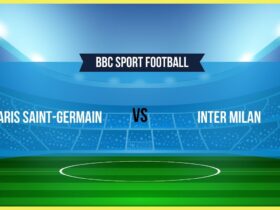
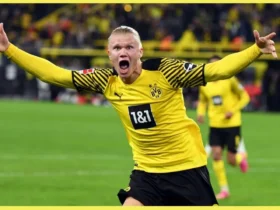
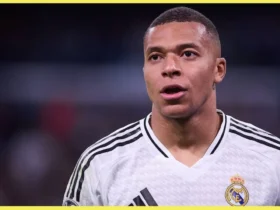
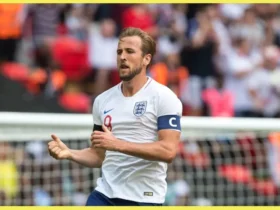

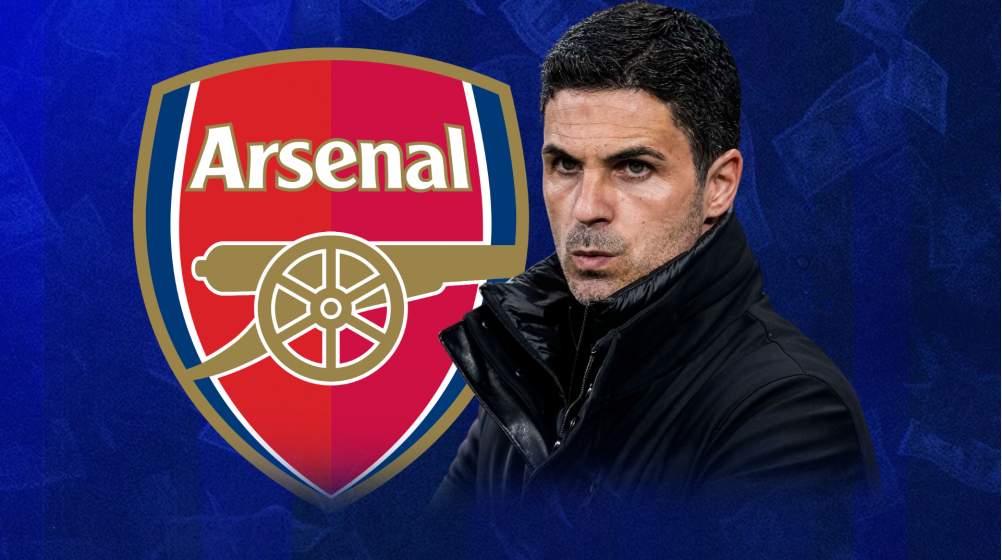
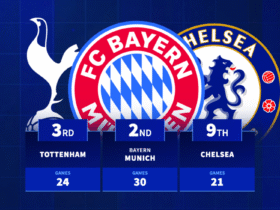

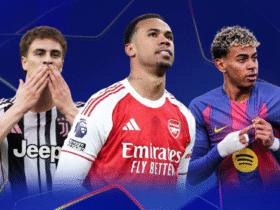

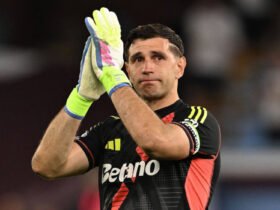
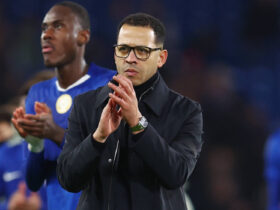
Leave a Reply
View Comments